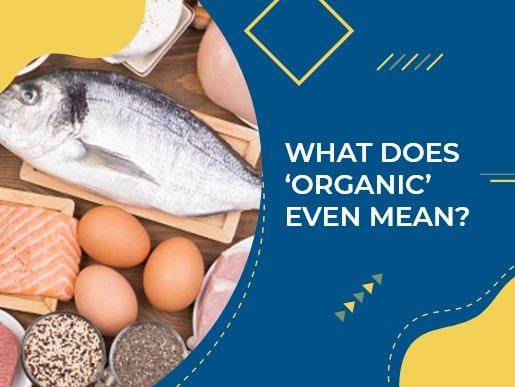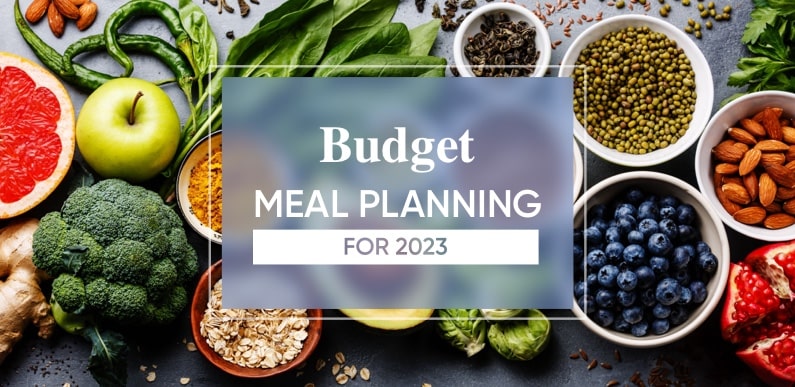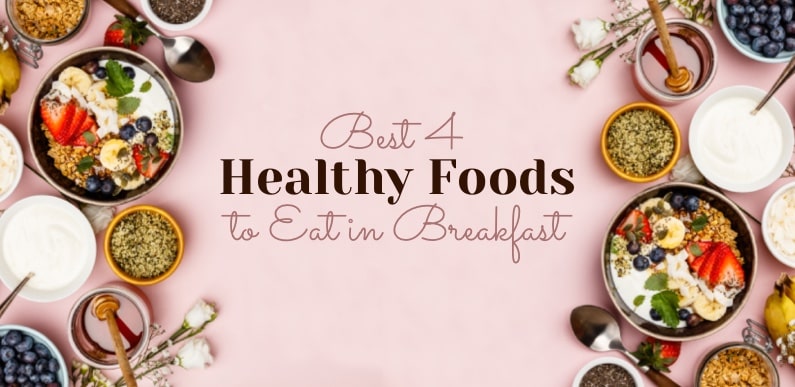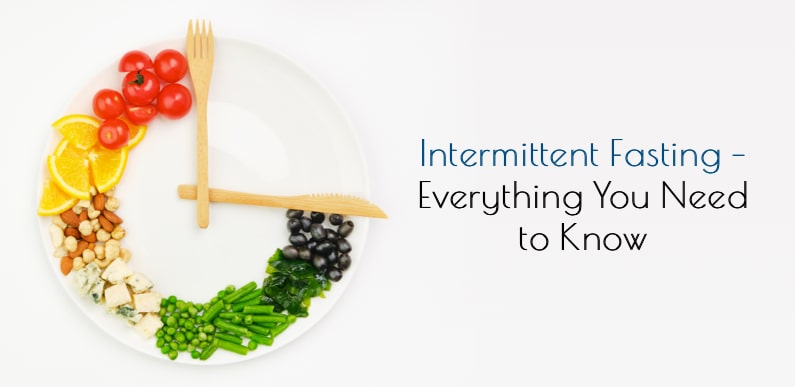Now more than ever, it’s important to take a look at where the food we eat is coming from. One of the major labels you’ll see on food in the grocery store is ‘organic’. That term is put on everything from ice cream to broccoli.
But is it better for you? Find out here!
What does organic mean?
When we see “organic” on the label, we usually think one of two things.
First: this food is healthier than its non-organic twin.
Second: it’s more expensive.
But what does organic really even mean? Basically, it means the food was produced to a different standard set by the USDA.
According to the USDA, in order to be considered organic, food has to be produced with an emphasis on renewable resources. Meat, eggs, fish, and dairy have to come from animals without antibiotics or growth hormones. Everything that is grown can’t use most pesticides. Everything is inspected before it is sold.
Is it healthier?
So, organic food is good for the environment and the animals and crops that are used. But does that mean it’s healthier?
The answer is maybe. The foods are produced with fewer pesticides, hormones, and other nasty stuff. When you eat it, that nasty stuff doesn’t enter your body. Many studies have shown that your potential to ingest these things is much lower with organic food than with conventional foods.
In terms of nutritional value, there isn’t much research to show either side containing more or less nutrients. However, many people report that organic foods taste much better and are more natural than conventional foods.
Other labels:
There are all kinds of labels that you will see on meat, fish, eggs, and dairy products in addition to organic labels. They can all be confusing, and they all mean different things. Here’s a few different labels and what they mean.
Eggs and poultry: For eggs and poultry, there are three different common labels you will find: cage-free, free range, and pasture raised.
Cage free: Cage-free simply means that the chickens were not raised in cages. What that means can vary, but oftentimes they are still in very cramped conditions.
Free range: Free-range means that the chickens had some access to the outdoors. It doesn’t necessarily mean the chickens had lots of room, but it is generally more humane than cage-free.
Pasture-raised: Pasture-raised can be considered the gold-standard for poultry and eggs. It means the chickens had lots of room to roam. Many say products from these chickens taste the best.
Fish: Most fish you buy at the grocery store will either be wild-caught, or farm-raised
Wild-caught: This means exactly what it sounds like. The fish were caught in their natural habitat in a lake, river, or ocean. They generally contain fewer contaminants than their farm-raised counterparts, though they may be more expensive.
Farm-raised: Farm-raised fish are raised in tanks. The quality of the fish varies based on their diet. Some research has shown that farm-raised fish have more omega-3 fatty acids, which are good, but they may contain more contaminants.
For more Nutrition-related blogs, click here!






